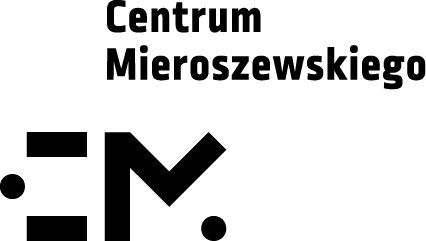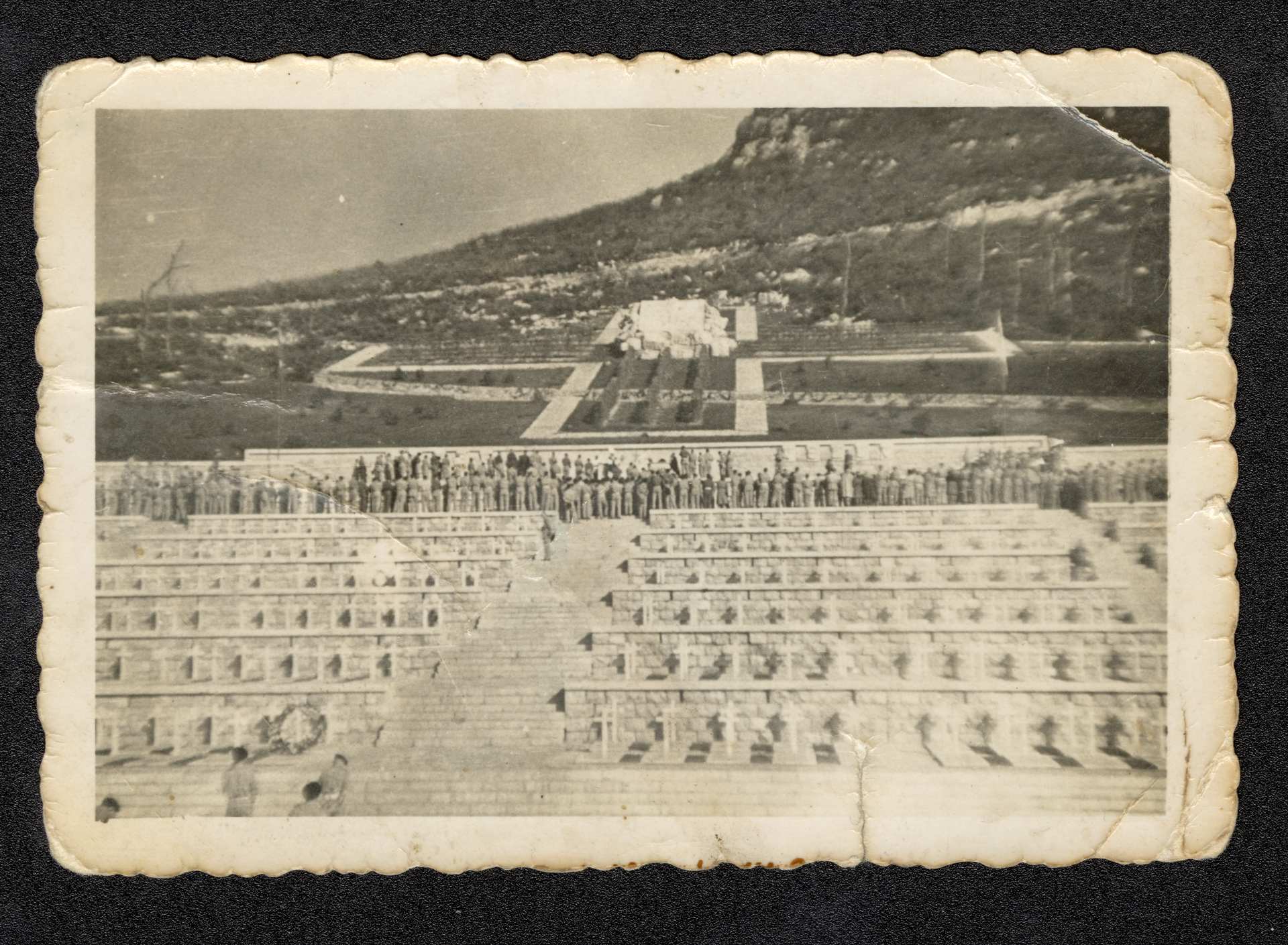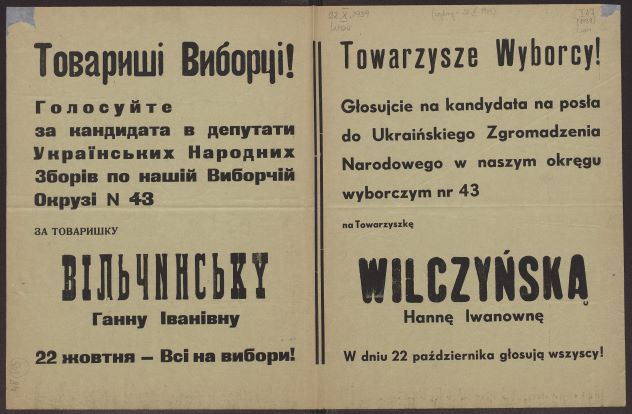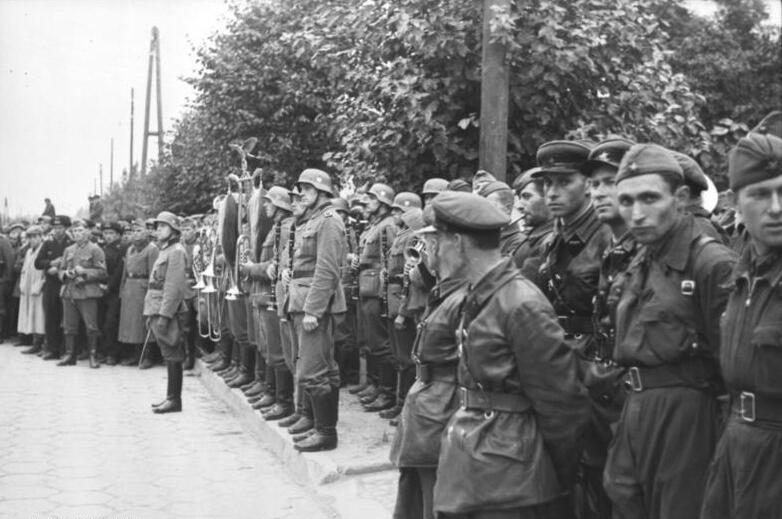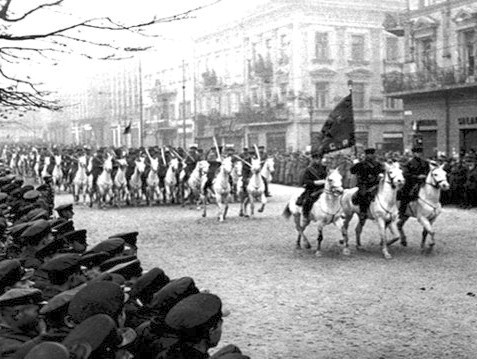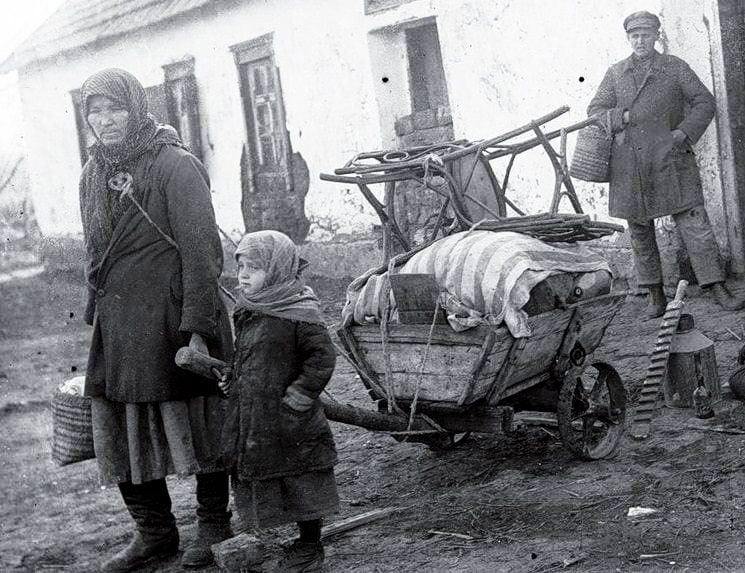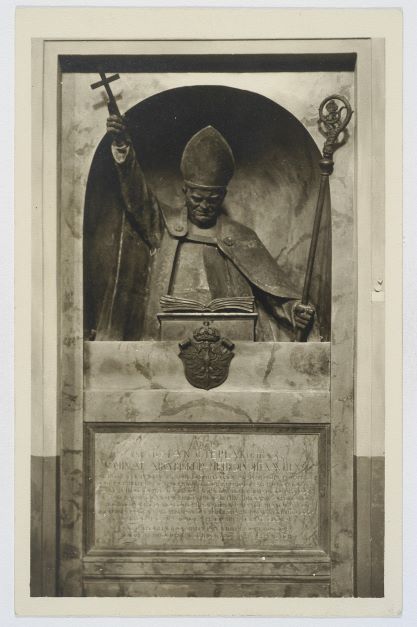On May 18, 1944, soldiers of the 2 Polish Corps hung the Polish flag on the ruins of the Monte Cassino monastery.
On 22 October 1939 the Soviets organised elections of delegates to the so-called people’s assemblies in the annexed Eastern Borderlands (Kresy) of the Second Polish Republic. After a rapid propaganda campaign accompanied by terror and violence, the “vote” took place.
The parade on Unia Lubelska Street in Brest began at 4pm on 22 September 1939 and lasted only about 45 minutes. That was enough time to show the whole world the newly formed alliance of the Soviet Union and Nazi Germany.
The Soviet Union's invasion of Poland on 17 September 1939 came as a shock to Polish society. For several days the country had been defending itself against the German invasion.
On 30 January 1930, the Politburo of the Central Committee of the All-Union Communist Party (Bolsheviks) decided to launch the largest resettlement operation in the entire history of the Soviet Union, still referred to today as the 'kulak deportation'.
Father Jan Cieplak was auxiliary bishop of the Mogilev archdiocese, at that time the largest Roman Catholic archdiocese in the world, covering the whole of Russia up to Sakhalin.


